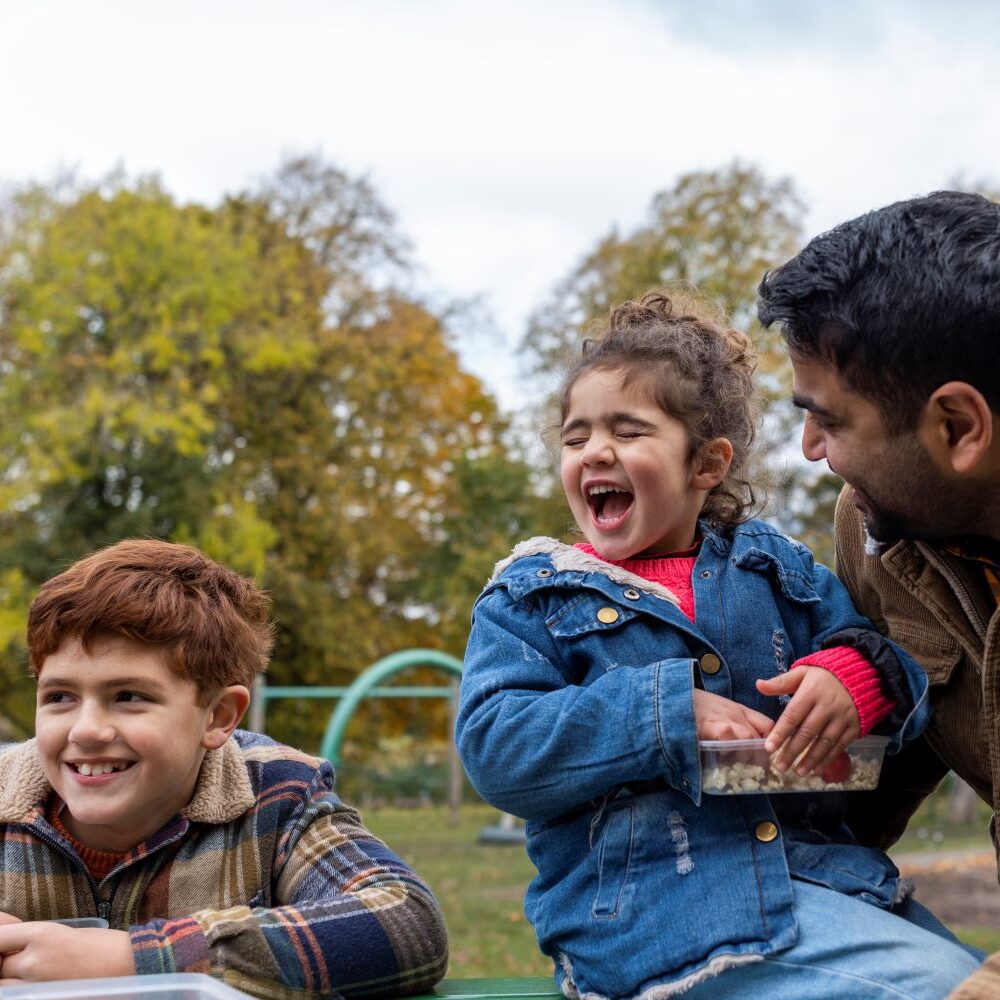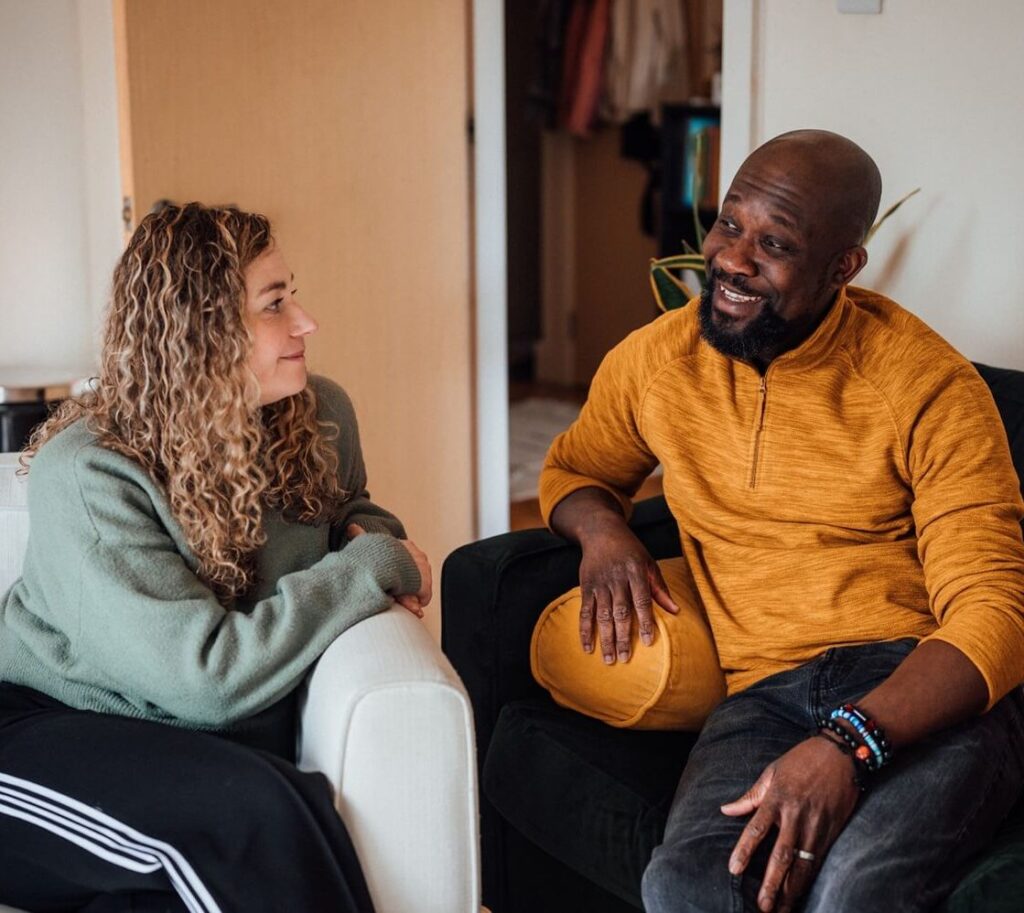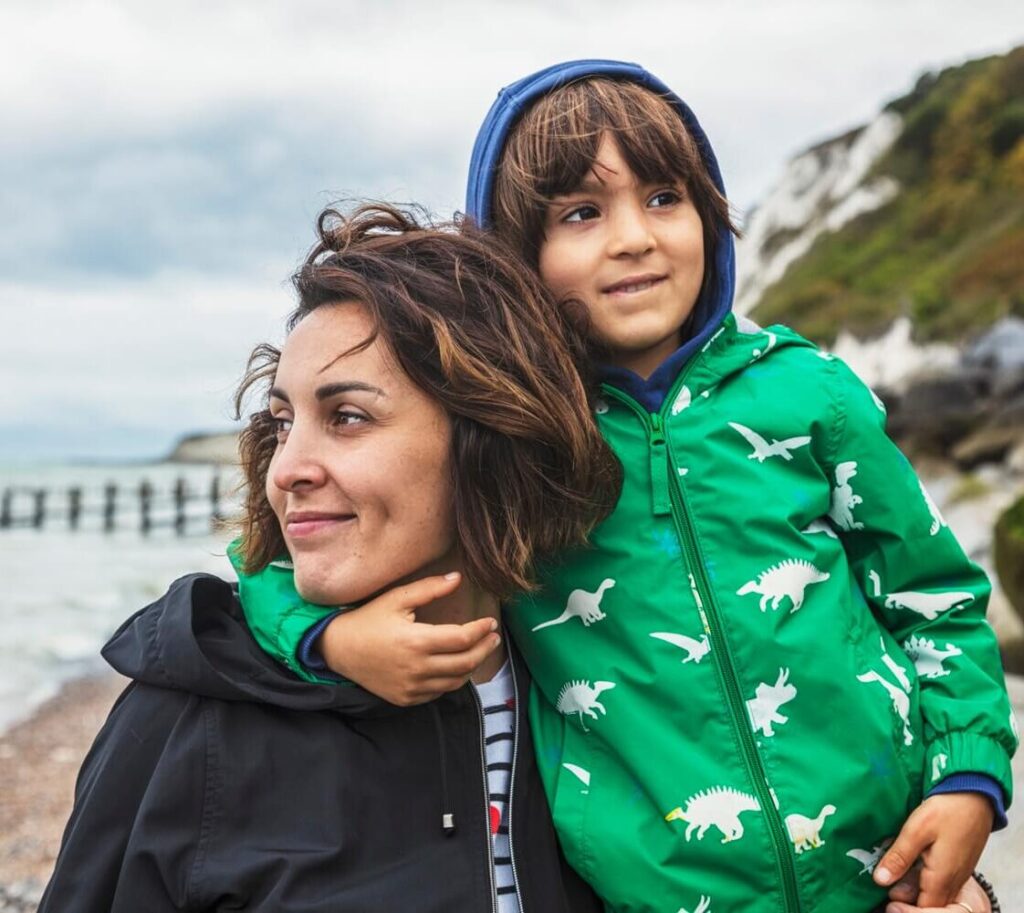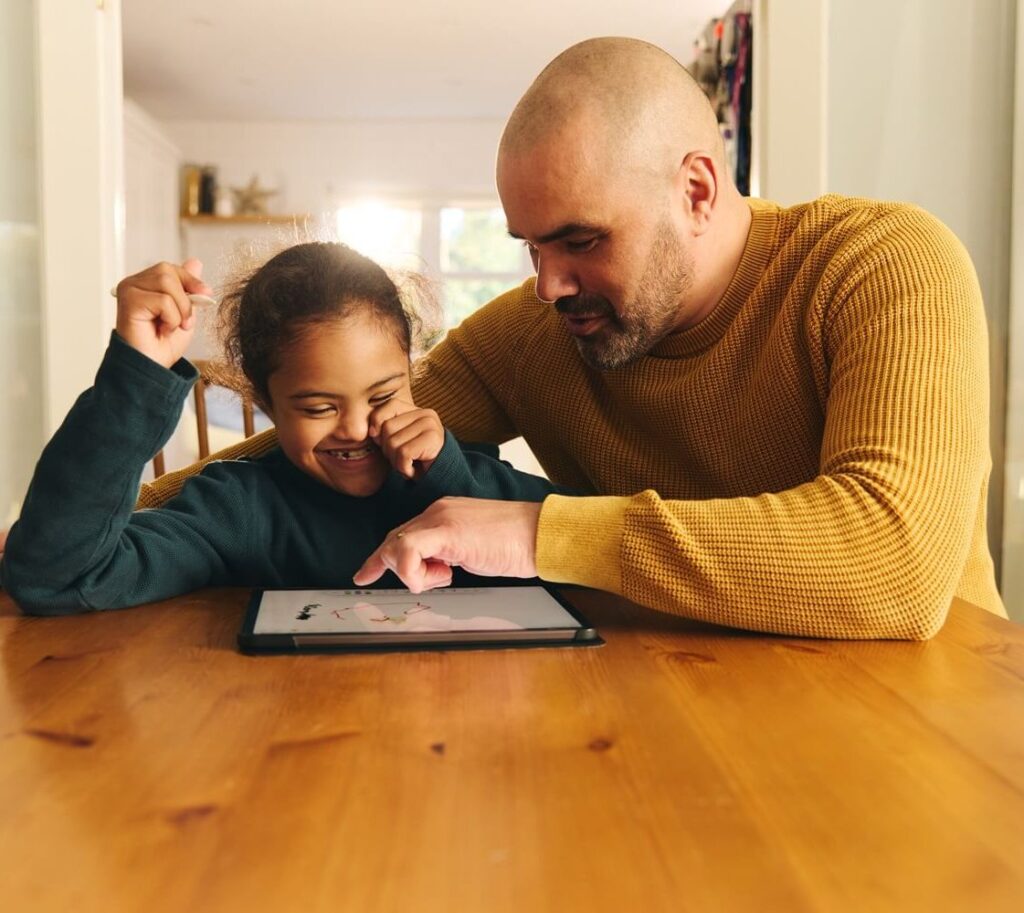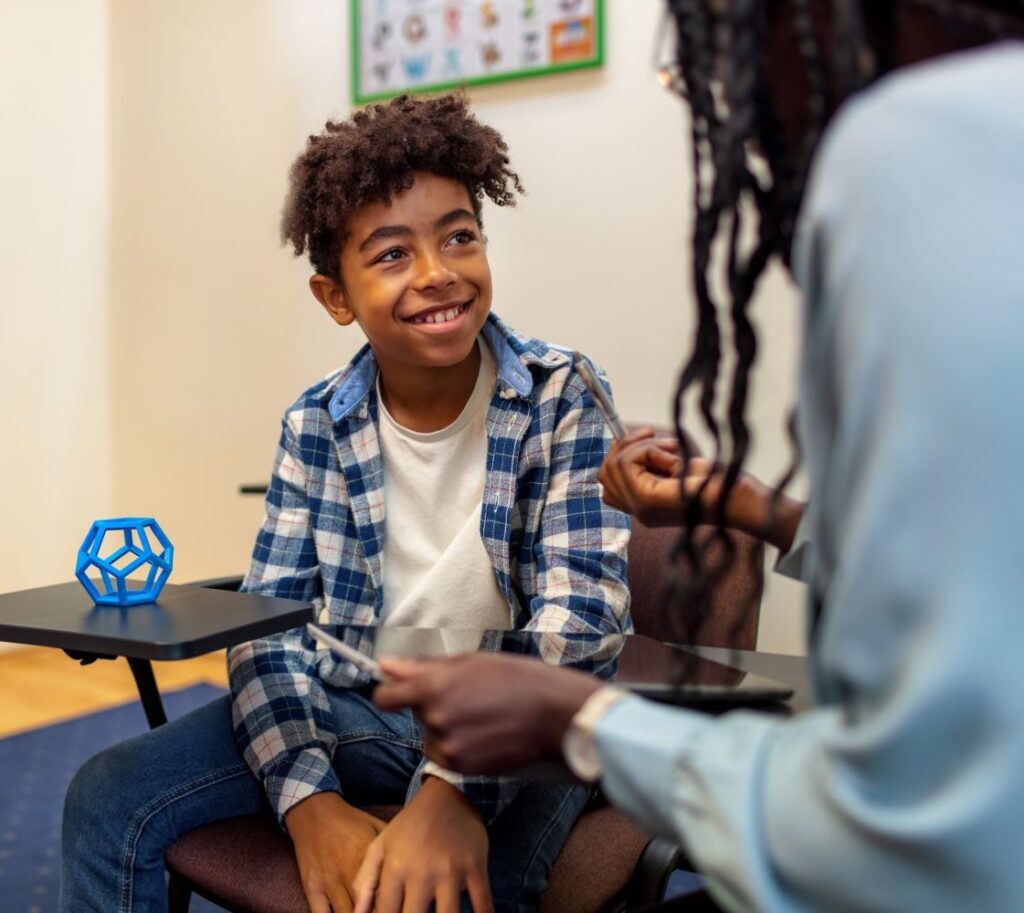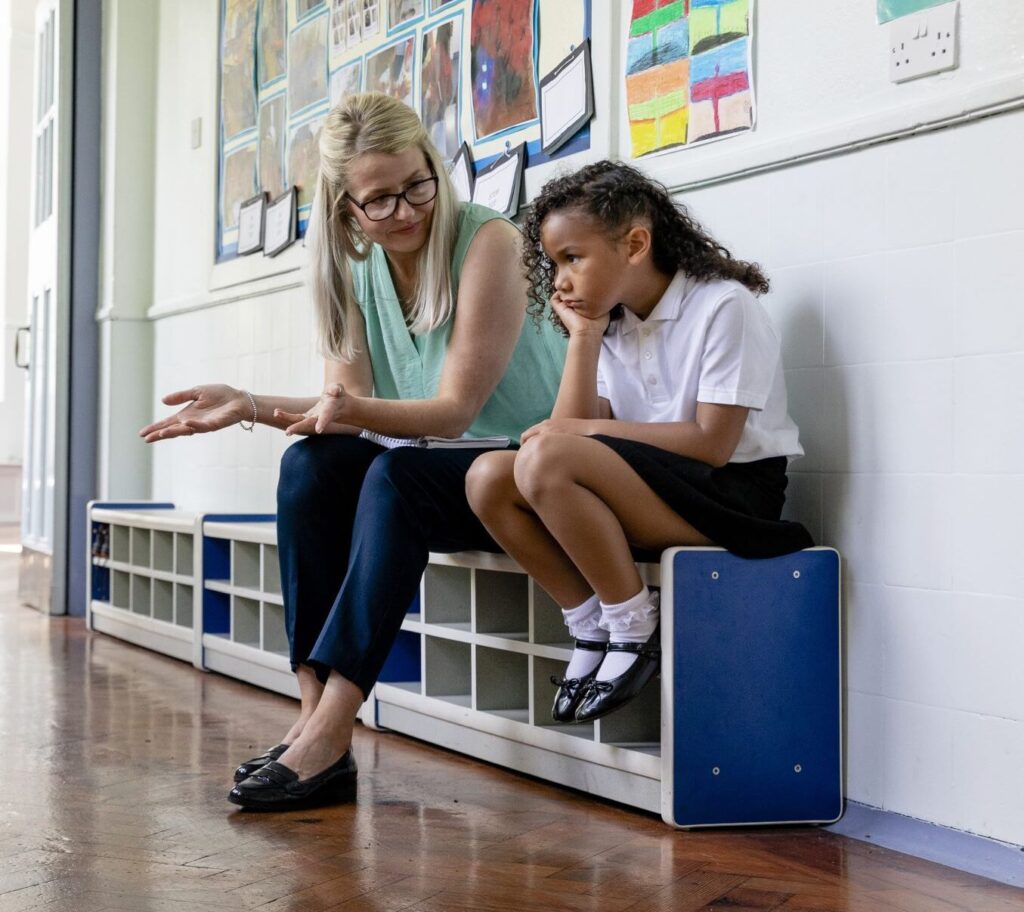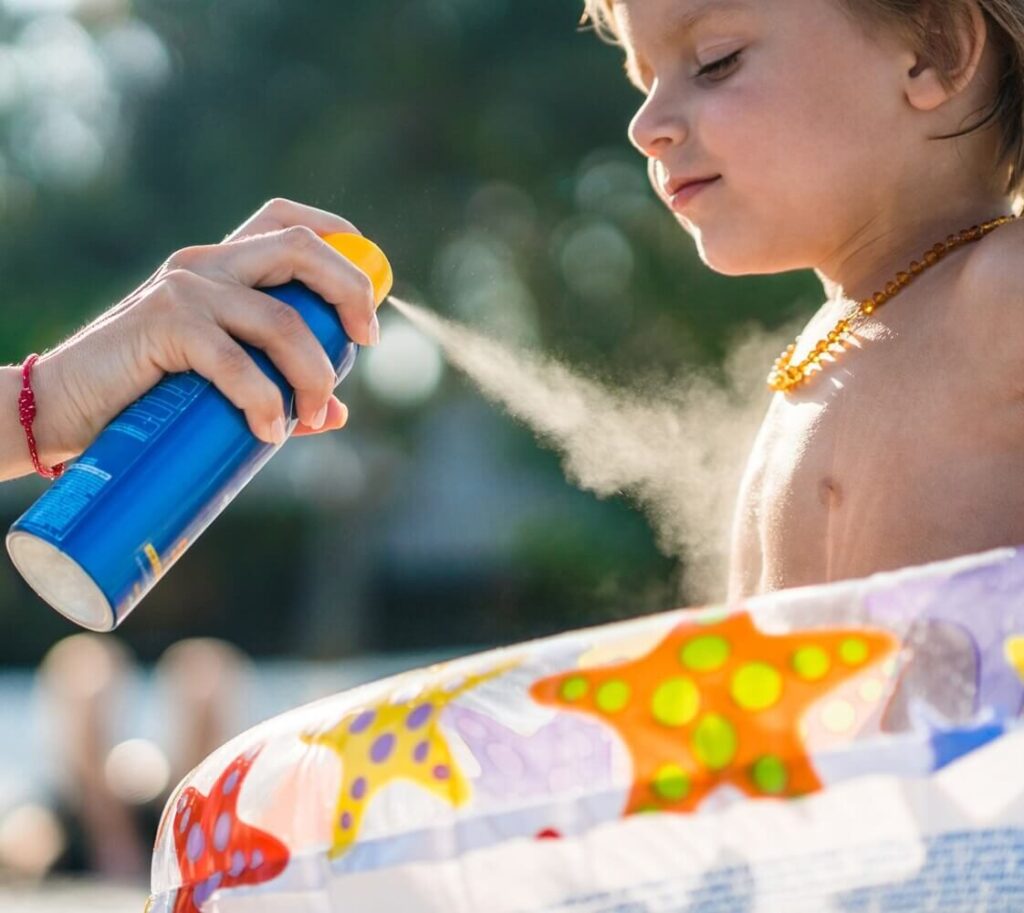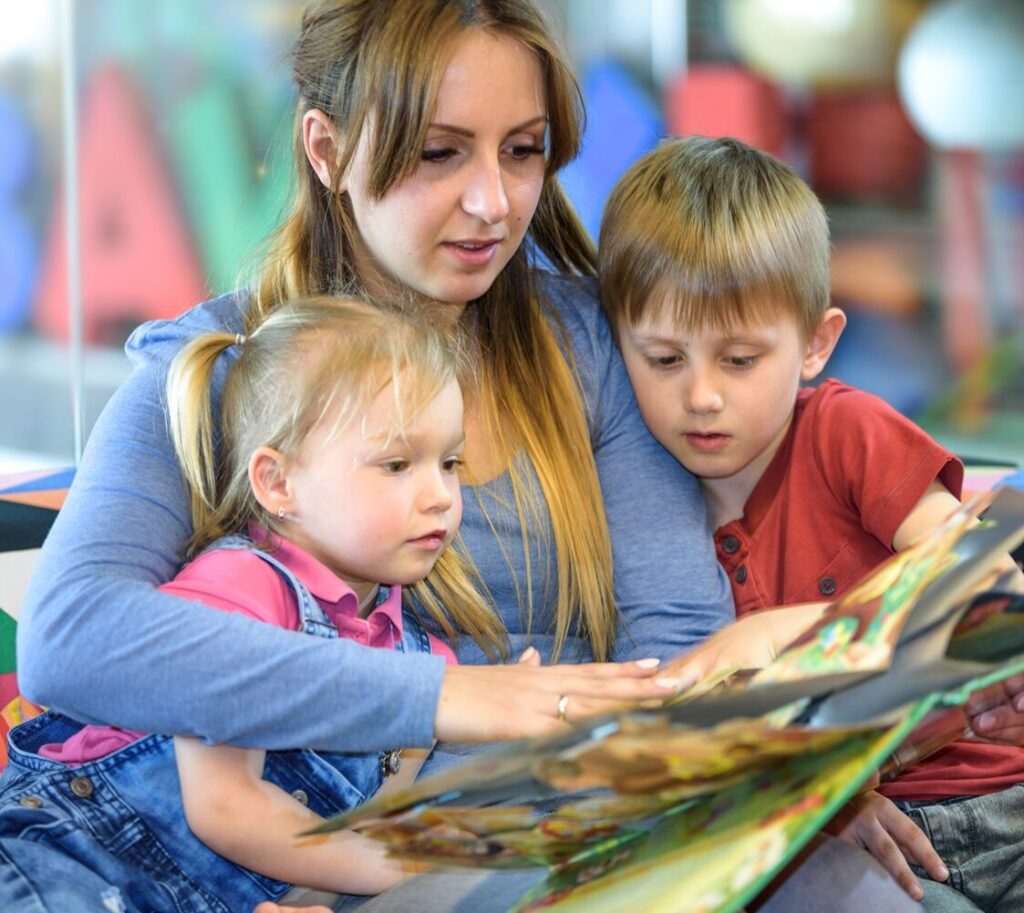Social stories are a short description of an event or situation that describes what will happen and why, in a literal way that can help understanding.
They can help a person cope with changes to routine and structure, unexpected events, unplanned changes due to weather and planned trips away from home.
Social stories should:
- be written in the first person (e.g. “I am…”, not “They are…” or “You are…”)
- contain lots of pictures to make them easier to process
- include the difficulties your child might face in this situation
- be adapted to meet the needs of each child
By giving your child information about what may happen and allowing them to ‘practise and prepare’, you can help to reduce anxious feelings when they start to struggle with their emotions (also known as becoming deregulated).
Social stories help a person cope with changes to routine and structure, unexpected events, unplanned changes due to weather and planned trips away from home.
An example of a social story
Here is an example of a social story about going to the park:
I am going to a park today. I will be meeting my friend Michael and his mum Pippa at 3 o’clock. The park is near Michael’s house and I have not been before but Michael and his mum know it really well and will tell me where everything is.
Michael is my special friend but there may be other people there that Michael knows. Lots of people will want to play and talk to Michael and he will be polite and talk and play with everyone including me. It doesn’t mean that he is not still my special friend.
The park can be loud and busy. I am allowed to sit under my blanket next to Mum for some quiet time if I need it, or I can use my ear defenders. I am going to wear my blue hoodie so I can put my hood up when I want to.
If I meet children I don’t know, I can say, ‘Hello, I am Josh. What is your name?’ or ‘Hello, do you know my friend Michael?’ I might get thirsty but Mum will have drinks for us. If there are lots of children on the play equipment I will look for something that is free and go on that.
If it rains, we will go to Michael’s house instead and I can meet his dog and play with his toys. It is going to be a fun afternoon. At 5 o’clock Mum will drive us home to my own house for tea.
It’s generally agreed that those on the autistic spectrum find change difficult. Another way of looking at it is that they might not have all the information they need to feel comfortable with the new situation. Giving your children what they need to feel safe and prepared can make change doable. This is when social stories can be helpful.
For more information and resources about autism, see the National Autistic Society and Pathological Demand Avoidance websites.
This article was written in collaboration with Norfolk & Waveney Autism and ADHD Support Service. Use our online service finder for SEND and neurodiversity services in your area, or find your local IASS here.
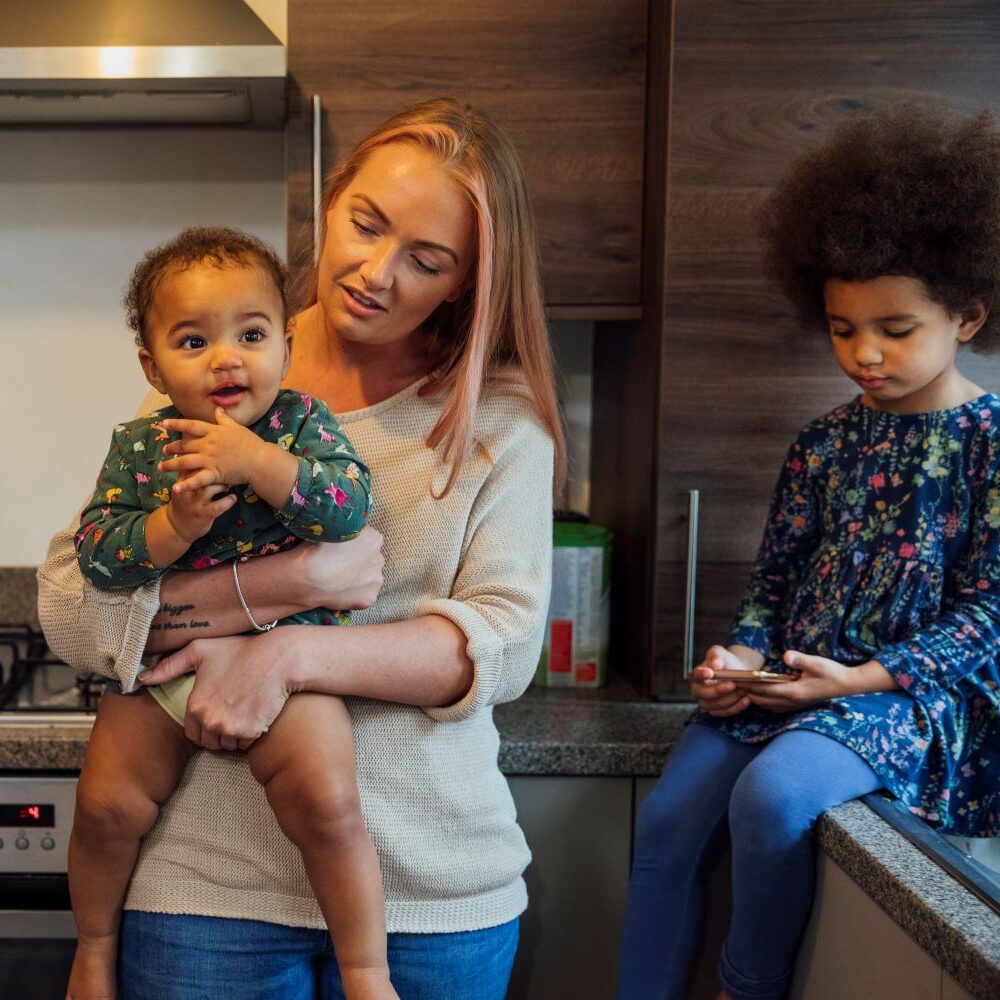
Call, text, email or web chat FamilyLine
If you’re feeling overwhelmed, worried or upset about any aspect of your family life, FamilyLine is here for you. We offer free emotional support and guidance on family relationships, conflict, parenting, caring, financial worries and more.
Contact FamilyLine